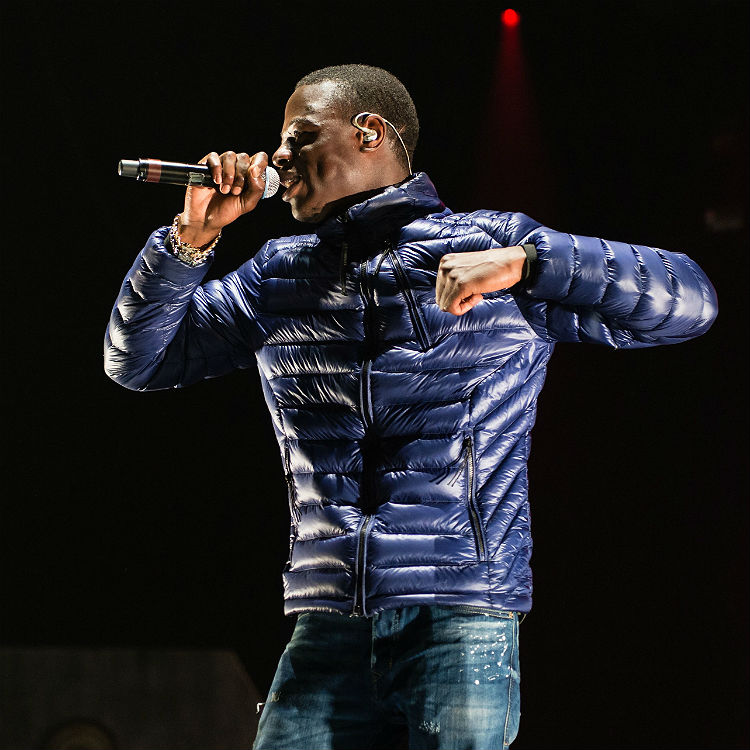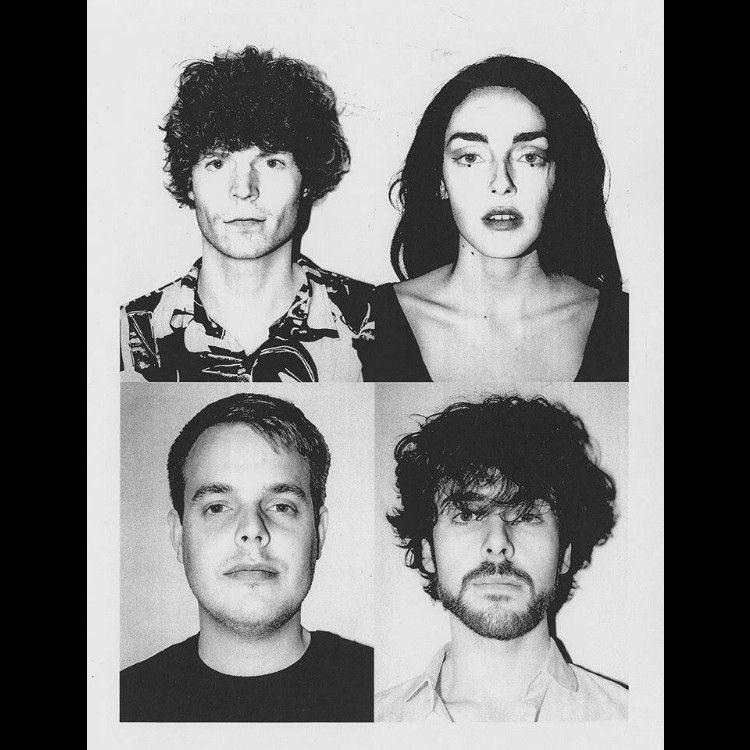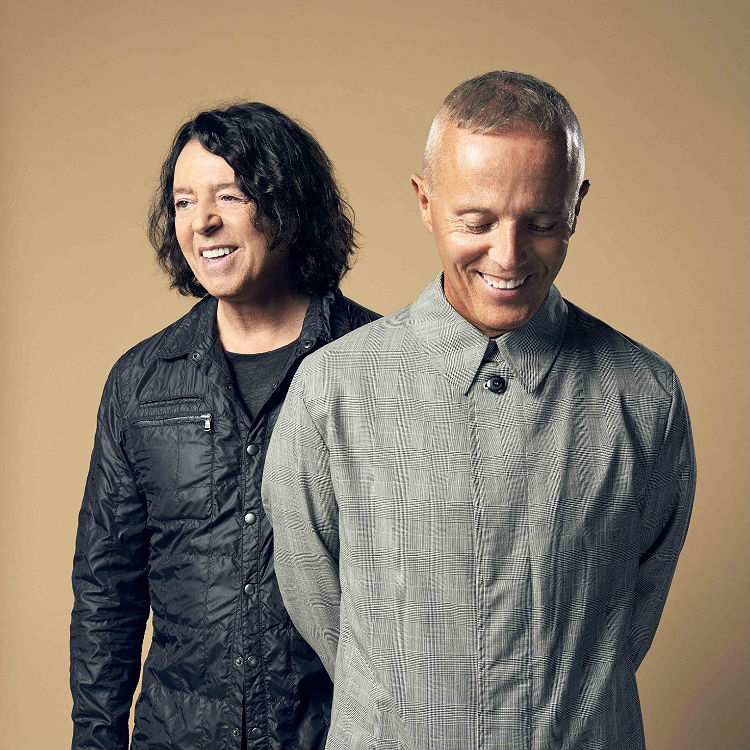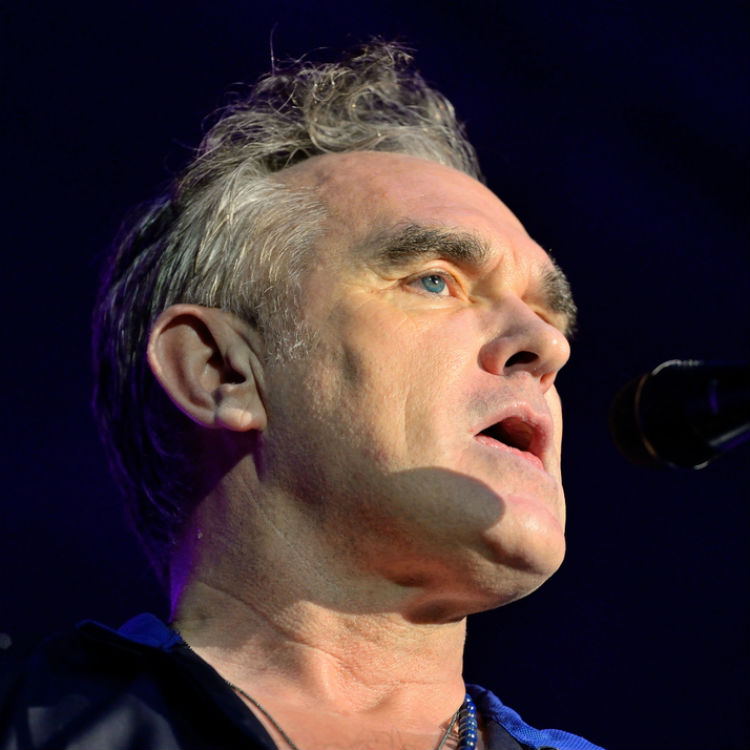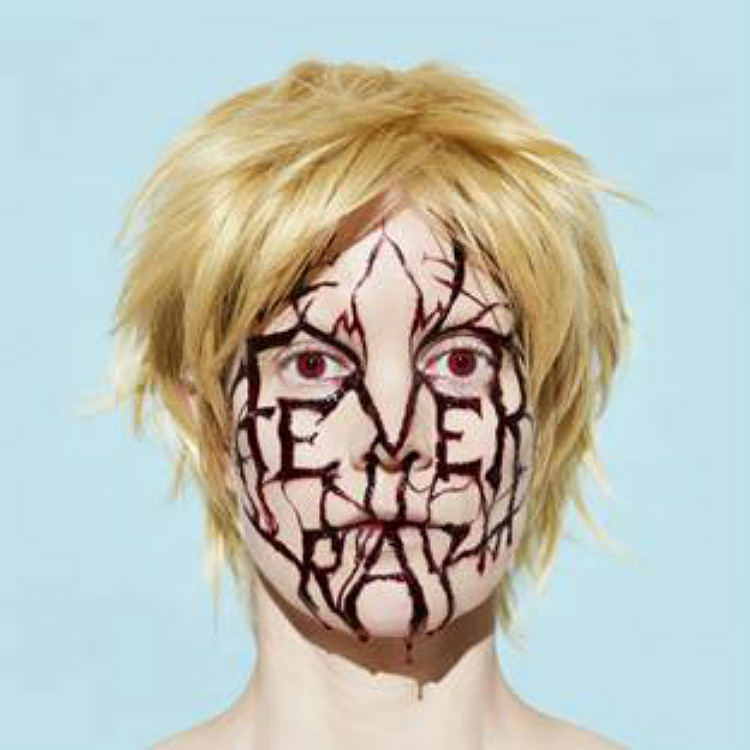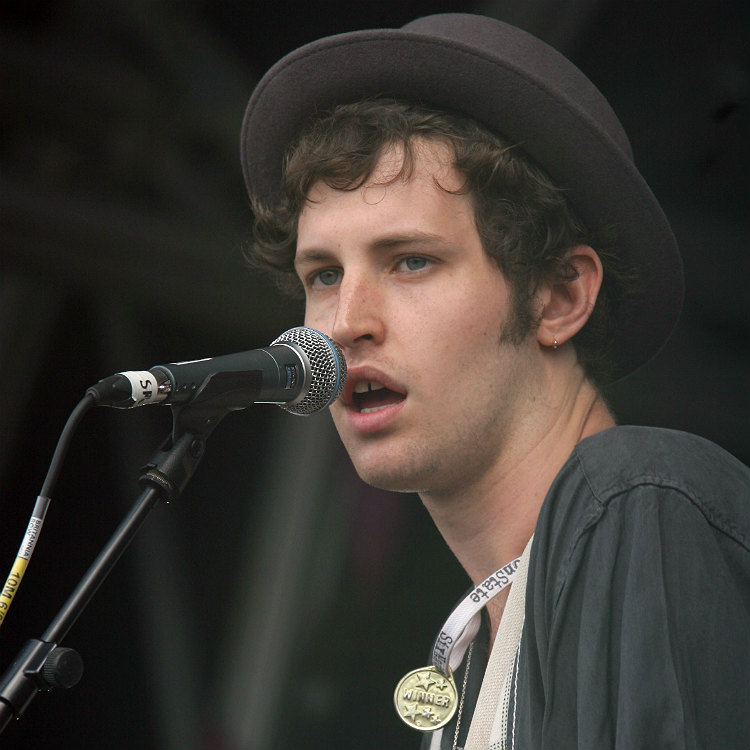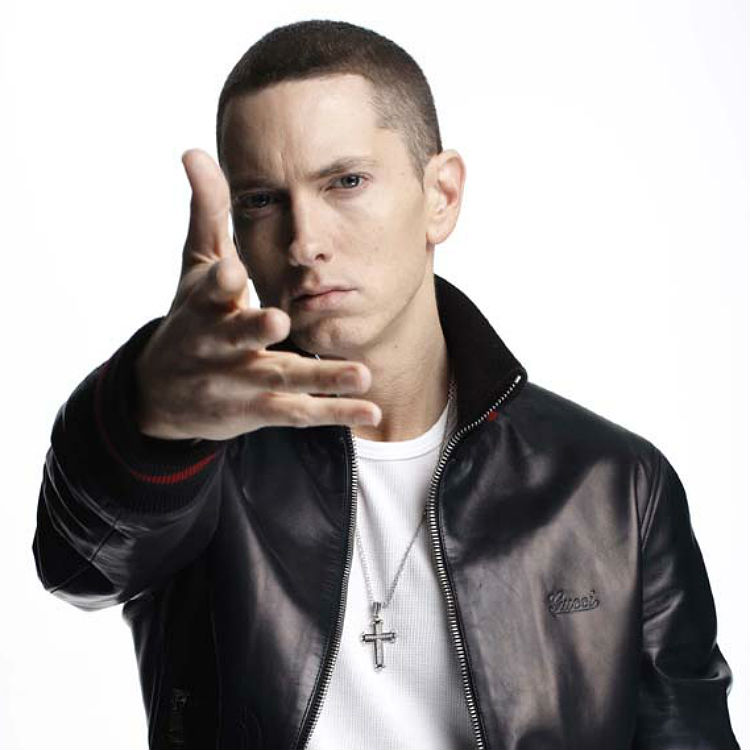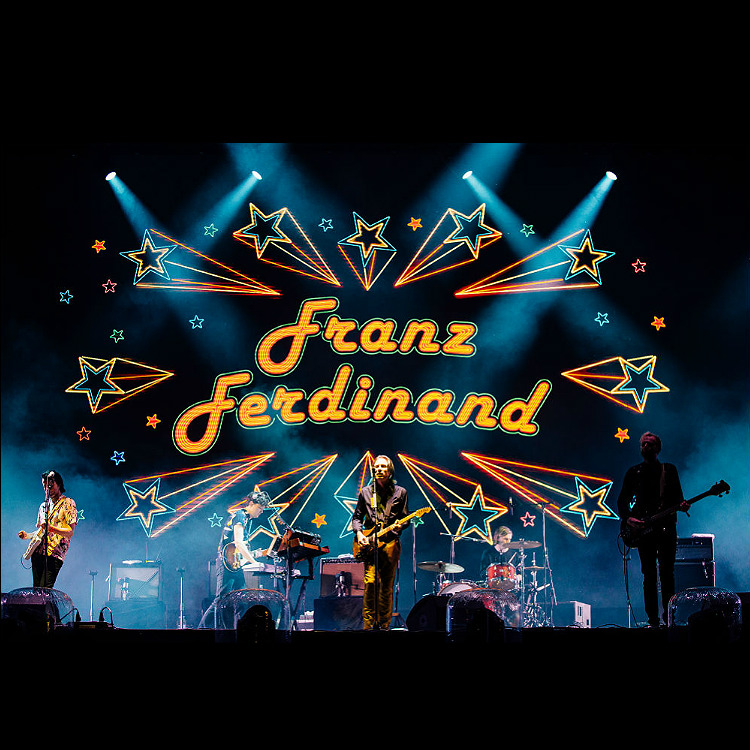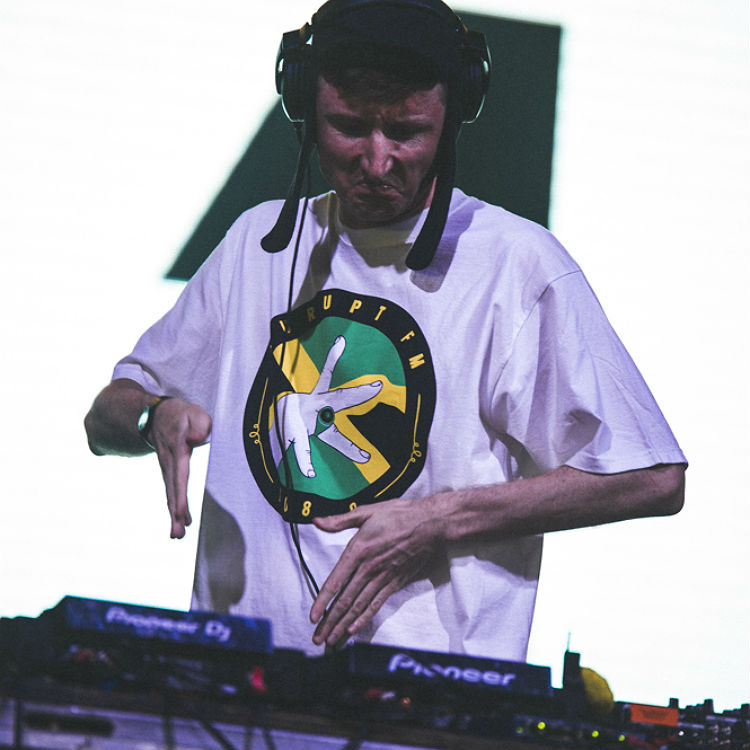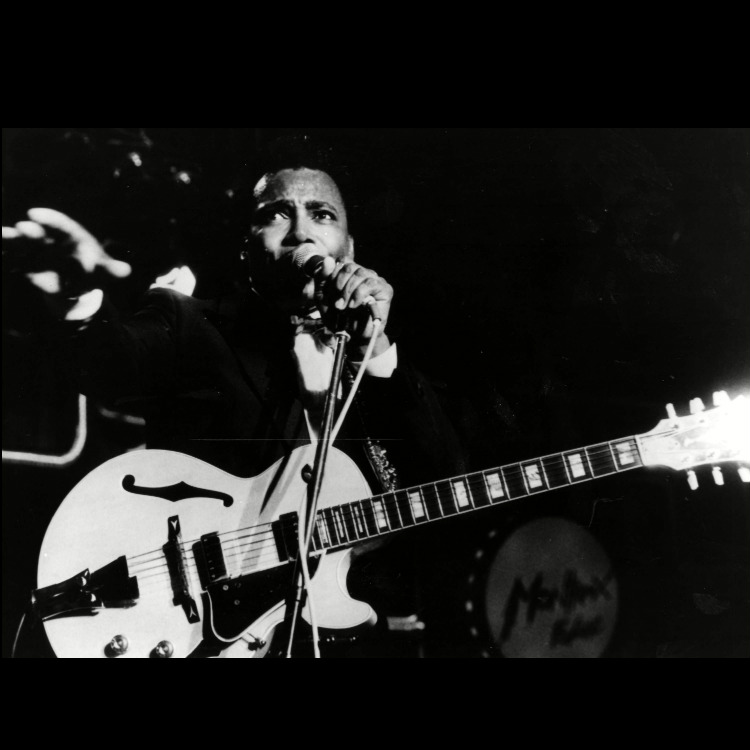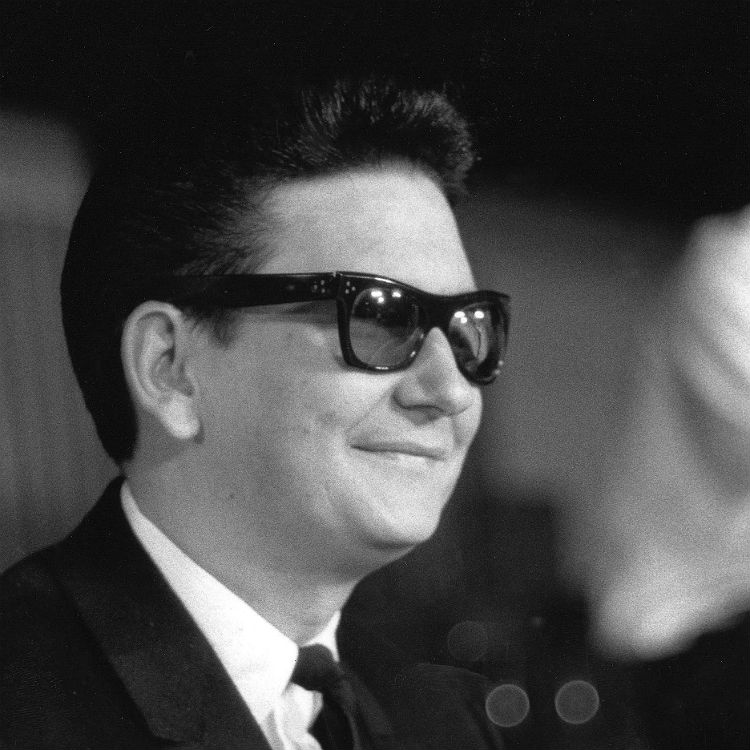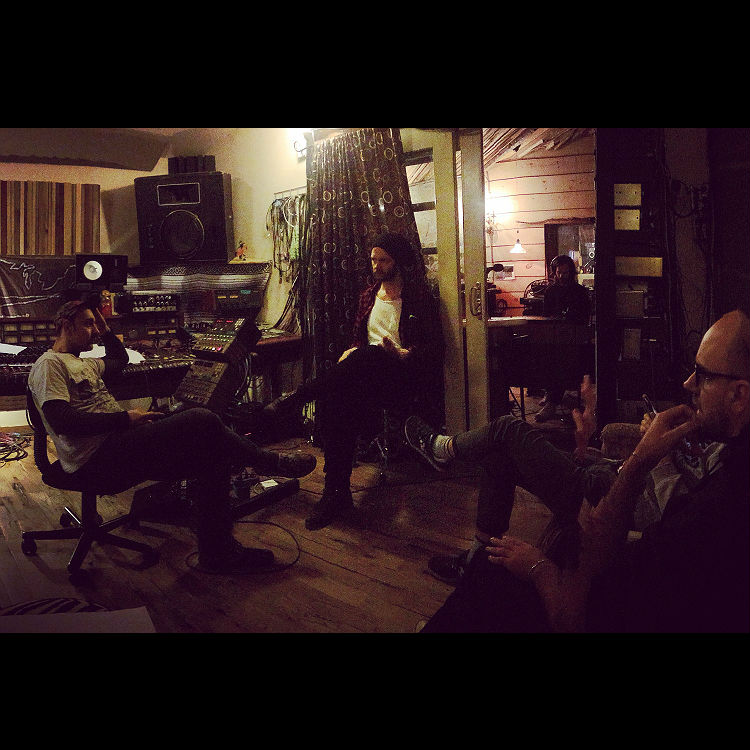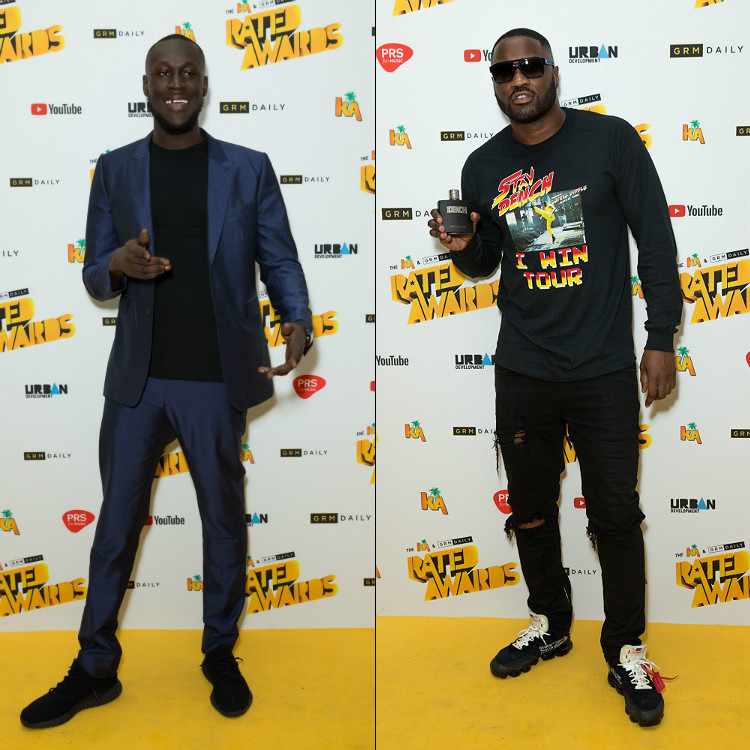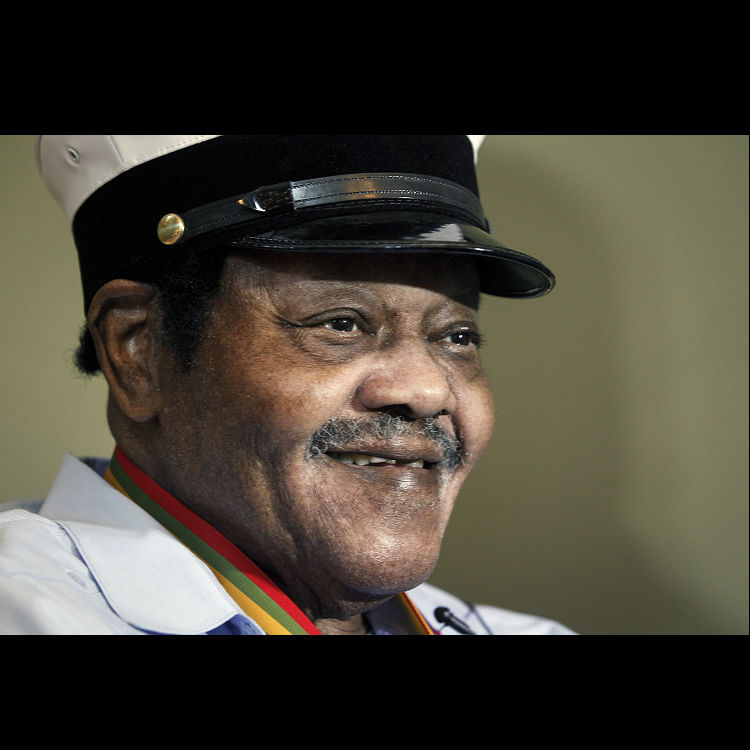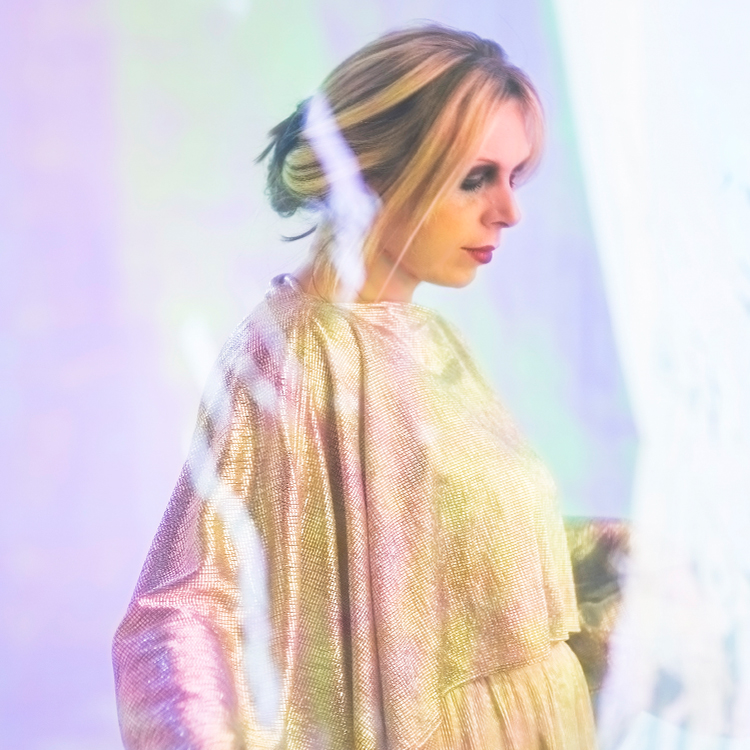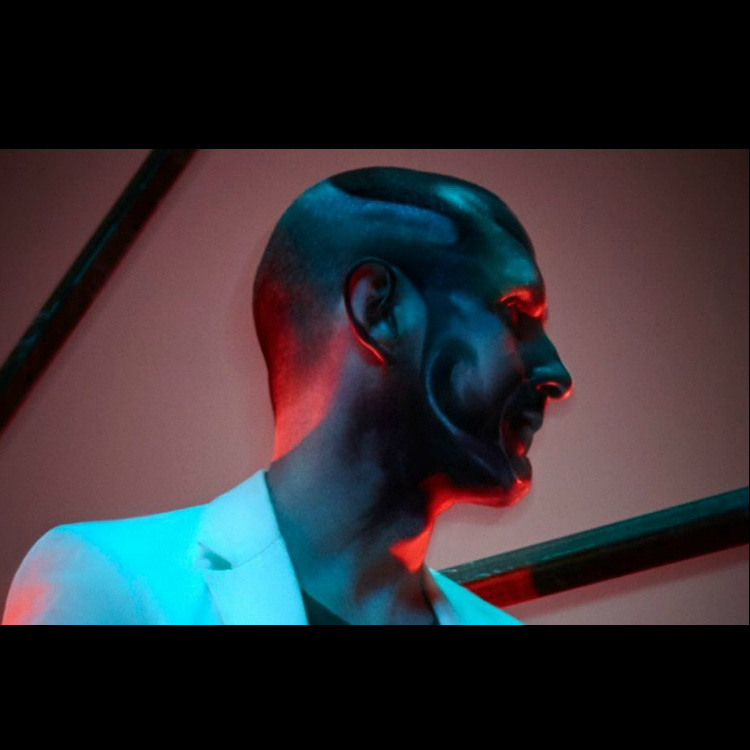 Photo: Press
Photo: Press
Mo’ Wax was one of the first record labels in the UK to release trip-hop in the mid 1990’s. Founded by James Lavelle whilst still in his teens, the label emerged as an antidote to the acid jazz and northern soul dominating the club scene. It was the label where DJ Shadow and Krush made their names together with Lavelle’s own outfit, UNKLE.
Characteristic of Mo Wax was its ability to strip music back to its bare bones, exposing drum, bass and percussion, for example, before applying a string of heavy, experimental sound effects. It was a sound that typified UNKLE in its first incarnation, then comprising of Lavelle and his childhood friend, Tim Goldsworthy. Whilst the record label eventually ceased, UNKLE continued to grow through several new incarnations and collaborations with artists as diverse as Richard File, Josh Homme, Ian Astbury, Chris Goss and Pablo Clements. Lavelle also continued to work outside of UNKLE, collaborating with a distinguished list of artists including Thom Yorke, Queens of the Stone Age and Nick Cave.
Now in a new incarnation, UNKLE returns in August with a new album The Road: Part 1. After a career spanning twenty-five years, UNKLE’s latest is inspired by Lavelle’s innovative curation of the 2014 Meltdown Festival at London’s Southbank. Following previous curators Patti Smith, Yoko Ono and David Bowie, Lavelle’s curation became the most successful of the festival to date. Yet speaking to Lavelle ahead of his appearance at Romania’s Electric Castle festival next month, you wouldn’t think it. Rather than concentrating on his successes, he tells us about where he is going next – something perhaps typical of an artist always moving forward.
Lavelle begins by explaining how Meltdown gave him a new musical and artistic lease of life, taking his music back to where it began after a difficult spell for UNKLE during its last incarnation.
“[Meltdown] was a sort of catalyst for getting properly back in the studio. There were a lot of other influences as well as that, lots of reasons why, but Meltdown gave me more of an opportunity to get my confidence back after the split up of the latest incarnation of UNKLE. Meltdown just sort of brought me back to a different kind of grounded situation where I felt that I was discovering music again for the reasons why I discovered it in the first place – that it was about this very joyous, inspirational thing.”
“I think in music we all have an ego – I’ve definitely had an ego in the past, but I think that I didn’t know what people thought about me anymore, pre-Meltdown. I got to a point where I didn’t really know where I was at. [Meltdown] just made me realise what it was about music that was important. You can go off on tangents in musical life and a lot of the time the music you make is about the scenarios you find yourself in. It had all gone a bit too rock and rock and a bit too hedonistic. There was a lot of drama. That can add a lot to what you’re doing creatively; it can also be very negative.”
“I found myself in a situation where there had been so much drama for so many years that you kind of think that’s normal. An extreme example is if you’re in a very bad, abusive relationship or something, and then you get so used to it, you accept it as normal. Or in a working relationship, you get so used to the abuse that you think it’s normal, and then one day you come out and you realise that actually that is not what it’s meant to be. Making records doesn’t need to be so painful.”
Lavelle explains how moving away for a time through his collaborative work with Queens of the Stone Age and Meltdown helped him to recover creatively from the issues of the last incarnation. “I worked with Josh Homme and did the Queens of the Stone Age record. I co-wrote and produced it and it worked like clockwork, which was incredible. So that was the beginning of this [change] – that was the first time I got back in the studio for a while and was like, ‘oh fuck, this is great.’”
“Then I did Meltdown, and Meltdown gave me this opportunity to discover or work with people that I don't know. I didn’t think they’d like me [laughs] but it was kind of the opposite. When you’re doing these shows and the UNKLE show particularly, when you’ve got Mark Lanegan singing, you’ve got Eska, you’ve got Keaton Henson – when you’ve got all these people together – suddenly I was like, ‘I want to make a record that feels like that!’”
Rather than being overwhelmed by the history of Meltdown, Lavelle relished in the creative inspiration the project gave him. The biggest issue, he tells me, was the balance between the number of artists he wanted and those he could have through availability and the limits of the festival content. For Lavelle, it was essential the festival was a celebration of London because of his roots in the city and the musical eclecticism he discovered in the city throughout his career.
“Unfortunately [choosing artists] is like a game of chess, it’s sort of like football transfer windows and you are limited by budgets and availability. There were a few things that were going to happen then didn’t, like Massive Attack, which was quite a big kick in the face. I remember the last day when we had to close the list. I pushed it and pushed it and Southbank were going kind of mental at me, and then Josh Homme came in and that was it - I was like, ‘okay, I know I’ve done it now’ because he’d just had a number one in America, he’d been Top 10 in 20 countries in the world, and they’d not really had a contemporary artist of that stature who was still alternative bringing that kind of show. So that was an amazing situation to be in – and just the diversity of everybody that came through the doors. But the only thing that I feel I didn’t really get where I wanted to be was with hip hop – it was so bloody complicated.”
Lavelle is thoughtful about the difficulties he faced. “It wasn’t easy and it wasn’t difficult – it was pretty difficult at times, but that’s more an anxiety about what’s going to happen and what you’re going to get, trying to shoot for the moon. I'm incredibly proud of what we achieved. It wasn’t just me, I mean, Jane, who ran the festival at the time, was extraordinary, and I think in many ways it was a bit of a coming together of all of us in London.”
“Most of the people there are very successful alternative artists – most of them way at the top of their game. I don’t really feel that I was, you know, Patti Smith or David Bowie or whatever… I think that it maybe needed it not to be so much like that at that point. It needed to be more of a throwback to London and a collage of what London was, a certain generation, and that’s what I tried to do. I think that through the general comments on it, I achieved that, which was [a] great accolade from that.”
Prior to Meltdown, Lavelle felt UNKLE had exhausted itself but like with other incarnations, the unique structure of UNKLE meant the outfit could survive, and indeed thrive on, more change. “[The new incarnation] was a bit more of a cerebral process. I don’t want to diss my ex-musical partners, because obviously it’s a lot of different things that go on. I think I was in a place where I just thought I had to have more control…and that was a more inspiring [thing] for me to make a record.”
“You’ve got to remember that UNKLE started when I was 16 with Goldsworthy, and then Tim—then it became DJ Shadow, then Richard File, then Pablo [Clements], and every one of those people came out of my childhood of Mo’ Wax. Essentially what tends to happen is that your arguments are still the same things you were arguing about 20 years ago because it’s all the same strand of history. I think that happens a lot if you’re in bands.”
“Let’s say, for the sake of argument, being in Radiohead, or imagine being in AC/DC or Metallica or something, all the stuff that you’ve had for twenty or thirty years with each other – it can be tough with all that history. But with UNKLE it’s not a band – if a member of a band like [Radiohead, AC/DC] leaves, it’s quite a thing because that’s what you associate the band with - those individuals. You don’t just think of Radiohead as Thom Yorke. With UNKLE it’s moved around so many times I don’t think that is really the case. I think it just needed to have a different, fresh look at it.”
Lavelle’s latest project has taken him back where he started, by working with and discovering exciting new artists. Unlike previous collaborations which in recent years had seen more diverse music making, Lavelle was keen to get back to making a quintessential UNKLE album – something he’d not felt he’d made for some time.
“It was about working with younger people. The person I co-wrote this record with is from Yorkshire, he’s like, 27. I met him when he was 24 and there was a whole different energy. He wanted to make an UNKLE record but he didn’t want to make his version of an UNKLE record. He wanted to come in and be like, ‘We should just do what the best of UNKLE is.’”
“A lot in of people in the past came in and they look at it as an opportunity to do something different. I didn’t want that this time, I wanted to just make what I feel is UNKLE? I don’t want to make a psychedelic record or a rock record or a hip hop record, I wanted to make something that felt that this is what UNKLE is to me – a foot in the past. I want it to reference sound system culture a bit more, working with people like Elliott, Mink. To me, it’s been the most enjoyable record I’ve made. Usually when I finish a record, the last thing I want to do is hear it again, [but] I actually really enjoy listening to this record. It’s been a very different process for me, and really positive. I feel [we’re] hopefully moving forward now and are in a really good, productive place.”
Lavelle’s collaborative approach to making music has produced some of the most ground-breaking music of the last twenty years. Whilst this latest incarnation saw Lavelle begin alone, collaboration was always going to be central to the UNKLE experience. I ask Lavelle more about his collaborative work and how it enables him to create.
“I'm not a musician in a traditional sense, I can’t just go and play a guitar and write a song on my own, I'm not that kind of artist. UNKLE is incredibly collaborative and it can be incredibly rewarding and inspiring, but it can also be quite difficult because it’s not always a singular vision. It’s like having children sometimes – you have a vision of how you think your children should behave, but it’s also about never getting them to think that they’ve done it or it’s their idea! There’s a lot of stuff you have to go through when you’re doing collaborations.”
“But this record – it hasn’t been without its dramas. They’re not emotional [dramas], particularly, they’re just practical dramas. Sometimes things don’t work, sometimes people, you know, you’ve gone down a certain road and you realise that’s not happening, but that’s okay and like anything in life. A lot of the time with UNKLE, you’re trying to sort of get a round peg in a square hole.”
“My thing was that I wanted to build a pyramid for once from the ground up rather than the top down, because everything is conceptual. It’s like making a film – you have your collaborators, like, your actors and I'm sort of the director. We worked very simply in the beginning and worked very much on melody rather than style.”
Lavelle explains how a stripped back recording style enabled UNKLE to get back to what was important musically. “Style can come in later, you know, a song like ‘Imagine’ by John Lennon – you could do that as a piano recital, a string thing, you could do it as an electronic track, a hip-hop track – the bottom line is it’s still ‘Imagine’. I'm not saying that’s what I’ve recorded, but it’s an example of a great song, like, ‘Hurt’ by Johnny Cash or Nine Inch Nails. The fundamental thing is that the song is there. I wanted to go back to more [of] that process, because the last few records it was very much like, ‘let’s do hundreds of drum takes, we’ve got to record all these synths and they’ve got to be the right synths’, and it’s like, ‘that’s great, but what is the fucking song?’”
As well as musical collaborations, UNKLE have forged many artistic partnerships over the years, with creative visual collaborations being a key part of the UNKLE experience. Lavelle himself has curated exhibitions such as ‘Daydreaming with Stanley Kubrick’ at Somerset House last summer. The new album contains cinematic videos from acclaimed artists including Warren Du Preez, Nick Thornton Jones and Norbert Schroener. As well as films, the album is accompanied by an extensive book of artwork designed by Lavelle and young designer George Stewart-Lockart – it features a host of artists including Turner Prize nominee Nathan Coley. In addition to the album, Lavelle will launch an exhibition called ‘The Daydreaming with UNKLE presents…the Road,’ held at Leeds dock.
Lavelle talks enthusiastically about his previous artistic curation at the Lazarides gallery. “The gallery situation was that I’ve worked with Lazarides for years, we’ve been friends since I was, like, 18, and we’d been talking about doing stuff at his gallery for years. He called me at the end of last year and said, ‘Look, January’s open, do you want to do a show?’, and the record was coming out…it’s a kind of preview to the record in a slightly alternative way. But there was also a sort of foot in the past because it’s twenty-five years of UNKLE right now. So we did a show where there was a slightly archival element to it, but then they were showing various artists [that] worked on the new record and stuff like that.”
Working with new collaborations – both musically and artistically – has taken UNKLE full circle. “It’s sort of brought me back to a lot of stuff when I first started. But then also there’s the whole thing about looking at your life cycle. It’s been a real journey that I’ve had. Each record is a reaction to the other really. Psyence Fiction needed to do something different – it went electronic – Never Never Land was very much about the environment of Fabric. The collaborations sort of come into how your life sort of evolves and your emotions change.”
“It’s funny, I’ve been dealing with this never-ending Psyence Fiction reissue, but I’ve sort of been finalising all that, and recently been finding all the tracks that I did pre-Shadow that were the demos for UNKLE, and that’s really interesting to hear, because you think – ‘what if we’d gone this way, not the Shadow route?’ – that really is very much more like what you hear now. They were a lot more electronic then.”
“It’s been quite mad to go back and finally hear all these things that you haven’t heard in 20 or so years and be like, ‘shit, what me and Tim made—the thread is very much not that dissimilar to where the thread is now.’”
The outfit recently played a show in Istanbul. The live shows, like the album, represent a new lease of life for UNKLE. “It was really good,” Lavelle tells me. “It was a small, boutique festival in Istanbul, which is beautiful. The new incarnation of singers that I'm working with – so that was Mink and Fran who are just amazing –are great. I’ve sort of made it a bit more soul-y, a bit more multicultural with the sound and [the feel of] what is going on – it’s really good. We’ve got shows throughout July and then we’ll be doing shows probably from September onwards through the UK and Europe and Australia and stuff like that.”
“The album is not out yet, so we’ve only been playing a couple of new tracks just because I'm not a big believer of going in and playing a load of stuff people don’t know [especially] headlining festival slots. I think it can work for Radiohead, it doesn’t really work for us. At the moment we’re just playing a couple, and we’ll see where we get to, but it’s going to be classics. It’s all done in an interesting way, like how they’re being re-vocalled with some new tracks.”
For Lavelle, there isn’t one particular career success he can rate above others. “It’s things like obviously Mo’ Wax and Meltdown, the Queens of the Stone Age track that I did a couple of years ago… there’s so much stuff, Fabric was pretty mental, bar Rumba was amazing, working with Bathing Ape and the beginnings of Bathing Ape and Supreme.”
I ask Lavelle about the biggest lessons he’s learned over his twenty-five year career. “On a negative level, get a lawyer!” he tells me laughing. “I’m very, very fortunate and humbled to be able to work with such great people in my life, and I think if you can inspire people to do things or you have the opportunity to go out and be positive, that’s sort of the best thing out of it really. One of the best things is when people care about what you’re doing, and that inspires you to do things. The fact that I'm lucky enough that my day job is doing something that I care about…I'm very lucky that I’ve been able to do this. And right now [the fact] people are interested and you’re still making records you want to do, that’s really great.”
UNKLE play live at Electric Castle festival near Cluj-Napocca, which is held 12 - 16 July. Check here for tickets to one of Europe's best and cheapest festivals held in a beautiful surrounds of Banffy Castle.
UNKLE’s new album The Road: Part 1 will be released on August 18th on Songs For The Def. Pre-order it here.

